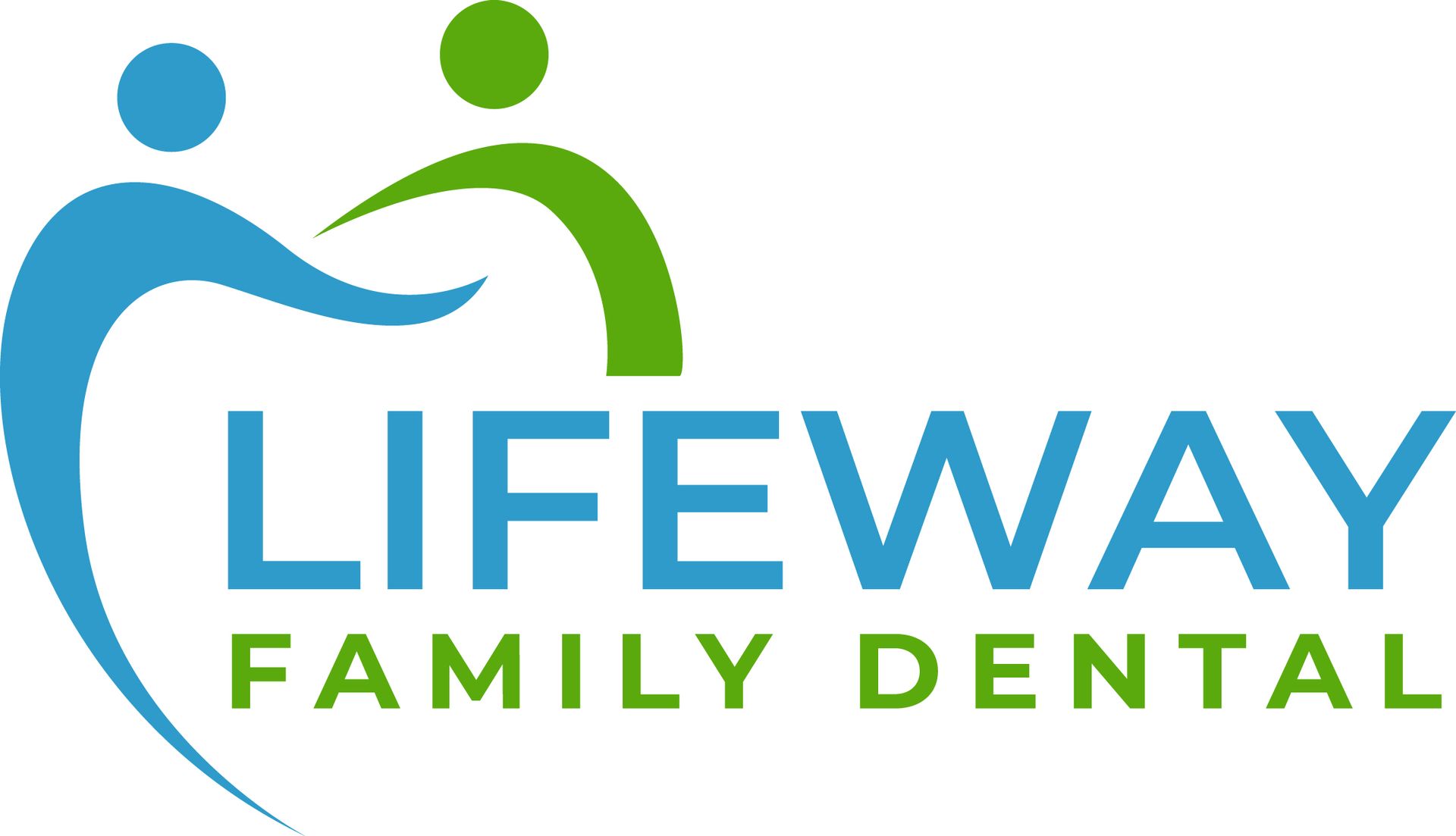Tips for Preventing Gum Disease at Home
Taking care of your gums is just as important as taking care of your teeth. Gum disease, also known as gingivitis or periodontitis, can cause serious problems if left untreated. It can lead to swollen gums, pain, and even tooth loss. Fortunately, with the right habits, you can prevent gum disease effectively at home.
Understanding Gum Disease: Causes and Symptoms
Gum disease starts when plaque, a sticky film of bacteria, builds up on your teeth and gums. If not removed through regular brushing and flossing, plaque can harden into tartar. Plaque and tartar irritate your gums, leading to inflammation. This inflammation is called gingivitis, the early stage of gum disease. You might notice your gums becoming red, swollen, and bleeding when you brush or floss. If not treated, gingivitis can progress to periodontitis, a more severe form of gum disease.
Periodontitis affects not only the gums but also the bone supporting your teeth. In advanced cases, it can lead to tooth loss. Other symptoms of gum disease include persistent bad breath, receding gums, and loose teeth. Genetics, smoking, certain medical conditions like diabetes, and poor oral hygiene can increase the risk of developing gum disease. Recognizing and addressing these symptoms early on plays a crucial role in preventing the disease from worsening.
Daily Oral Care Tips to Prevent Gum Disease
1. Brush Your Teeth Properly: Brushing your teeth at least twice a day is the first step to preventing gum disease. Use a soft-bristled toothbrush and fluoride toothpaste. Make sure to brush for at least two minutes each time, covering all surfaces of your teeth. Hold your toothbrush at a 45-degree angle to your gums and use gentle, circular motions. Don’t forget to brush your tongue as well.
2. Floss Daily: Flossing removes plaque and food particles from between your teeth and under your gumline, where your toothbrush can’t reach. Floss at least once a day, using a clean section of floss for each tooth. Gently slide the floss between your teeth and curve it around each tooth, moving it up and down.
3. Use Mouthwash: Adding an antimicrobial or fluoride mouthwash to your daily routine can help reduce plaque and prevent gum disease. Mouthwash helps reach areas that brushing and flossing might miss. Rinse your mouth for 30 seconds with the mouthwash, but don’t rinse with water immediately afterward to let it work longer.
4. Stay Hydrated: Drinking water throughout the day helps wash away food particles and bacteria. It also keeps your mouth moist, supporting saliva production. Saliva naturally fights bacteria and protects your teeth and gums.
5. Replace Your Toothbrush Regularly: To ensure effective brushing, replace your toothbrush or toothbrush head every three to four months or sooner if the bristles are frayed. A worn-out toothbrush won’t clean your teeth effectively.
By incorporating these daily habits into your routine, you can significantly reduce the risk of gum disease and maintain stronger, healthier gums.
Healthy Eating Habits for Gum Health
The foods you eat can have a big impact on your gum health. Eating a balanced diet provides essential nutrients that your gums need to stay healthy. Vitamins and minerals like vitamin C, calcium, and antioxidants play crucial roles in maintaining the strength and resilience of your gums. Fruits and vegetables, especially those high in vitamin C like oranges and strawberries, help to repair and heal gum tissue. Calcium-rich foods such as milk, cheese, and yogurt strengthen the bones and teeth, providing a solid foundation for your gums.
Sugar and processed foods can harm your gums by promoting the growth of plaque and bacteria. Limiting sugary snacks and drinks can reduce the risk of gum disease. Instead, opt for crunchy fruits and vegetables like apples and carrots. These foods not only provide nutrients but also help to clean your teeth and massage your gums as you chew. Drinking plenty of water throughout the day can also help to rinse away food particles and keep your mouth hydrated. By making smart food choices, you can support your oral health and keep your gums strong.
Warning Signs: When to See a Dentist
Even with good at-home care, it's important to watch for warning signs of gum disease. Early detection can prevent more serious problems down the line. Common warning signs include gums that are red, swollen, or bleed easily. Persistent bad breath, receding gums, and loose teeth are also indicators that something might be wrong. If you notice any of these symptoms, it's crucial to schedule an appointment with your dentist.
Pain or discomfort in your gums is another clear sign that you should see a dentist. Gum disease can progress silently, so even if your gums don't hurt, changes in their appearance should not be ignored. If you experience any of these signs, a dentist can diagnose the problem and recommend appropriate treatment, such as scaling and root planing or more advanced procedures if necessary. Regular dental check-ups also help catch early signs of gum disease before they become severe. By being proactive and seeing a dentist when these warning signs appear, you can safeguard your gum health.
Conclusion
Preventing gum disease starts with good habits at home. Understanding the causes and symptoms, practicing daily oral care, eating a balanced diet, and being mindful of warning signs are all key steps in maintaining healthy gums. These simple yet effective measures can make a big difference in keeping gum disease at bay.
We are committed to helping you achieve excellent oral health through
preventive dental services. By following these tips and staying vigilant about your gum health, you can enjoy a healthy smile for years to come. If you have any concerns about your gums or need professional advice, don't hesitate to contact us. Schedule your next dental check-up with The Smile Center today and take a proactive step towards a healthier, brighter smile!

